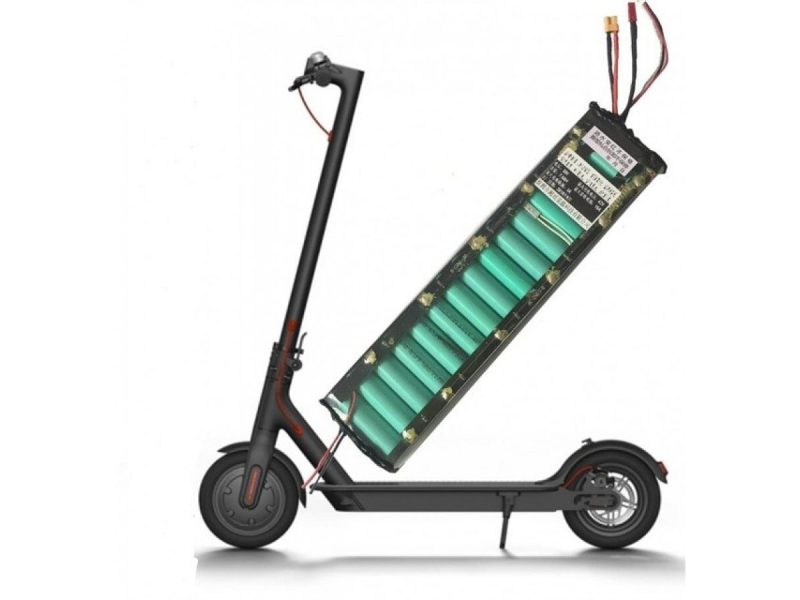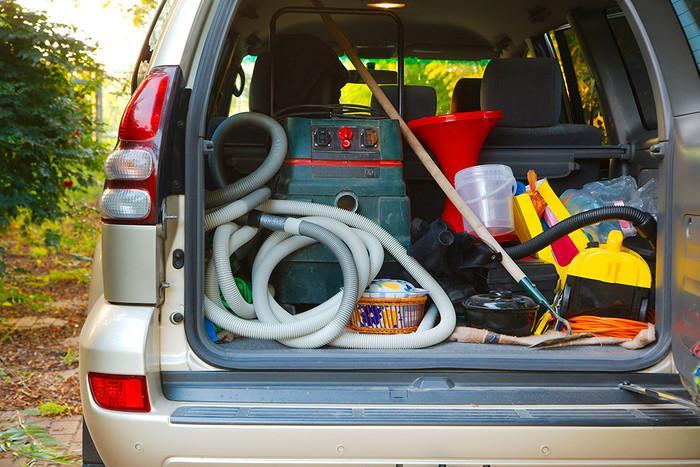
14 things you should carry in your car
Content
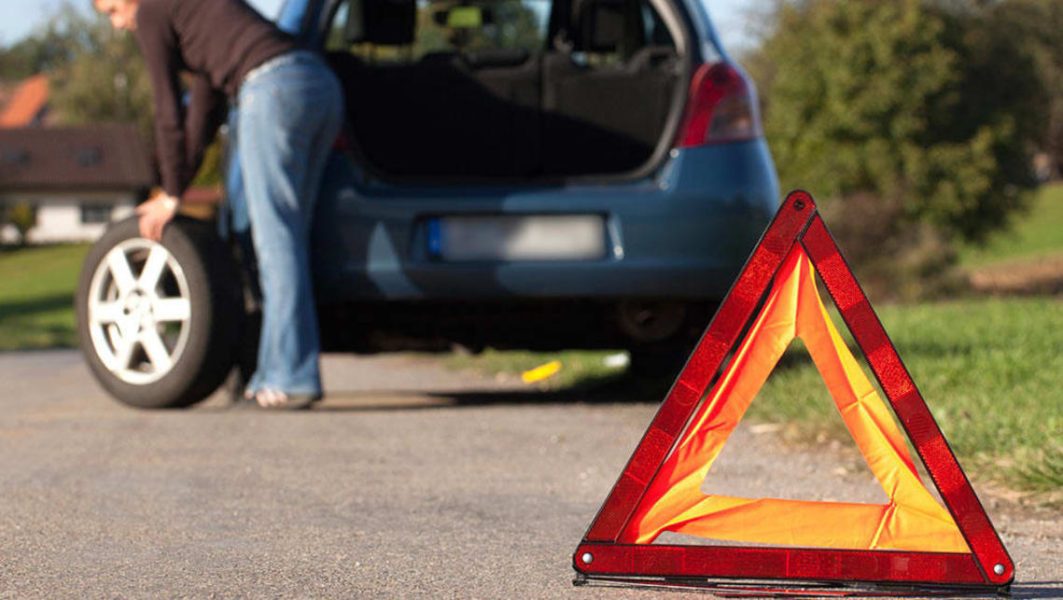
Be prepared for anything by making sure you have these items somewhere in your vehicle.
Every time we set out on a journey, there is a risk of trouble along the way. It could be something as simple as a flat tire, a mechanical meltdown, perhaps inclement weather, or, in the worst case scenario, we could get into an accident. Whatever it is, we must be prepared for it.
Here are 14 essential things we should take with us in the car in case of an emergency.
1. First aid kit.
First Aid gives us the ability to provide basic medical care such as treating cuts, scrapes, bumps and bruises.
2. Torch
A flashlight can help us see what we're up against when we break down at night, it can help us see how to repair, install a spare tire, or do whatever it takes to get going again. Most mobile phones these days have a built-in flashlight, but a dedicated flashlight is still a good idea.
3. Umbrella / raincoat
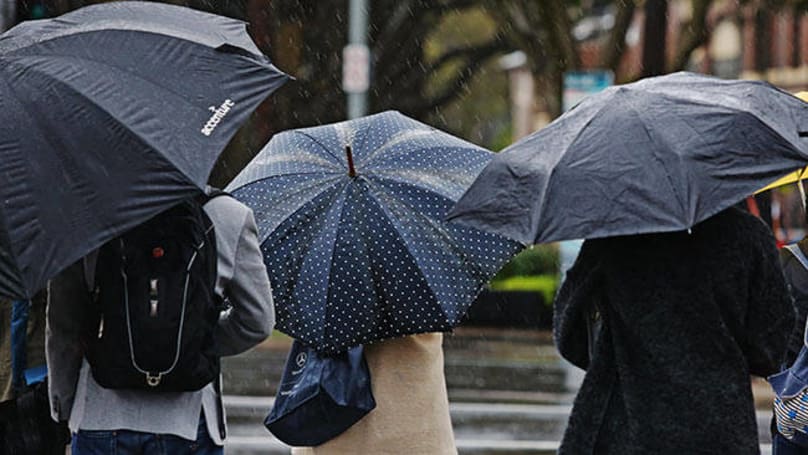
It is very important to stay dry and warm, and an umbrella or raincoat will help us stay dry when it rains. This is especially important when we may have to wait a considerable amount of time for help to arrive.
4. Picnic blanket
Being on the side of the road with a broken down car on a cold day or night isn't much fun, but a picnic blanket can help keep us warm while we wait for help.
5. Mobile phone.
A mobile phone is one of the most important safety items we can have in an emergency. This allows us to call for help whenever we need it, no matter where we are, but it needs to be charged to be useful. You must carry a phone charger on board at all times, as well as a mandatory phone cradle to ensure safe and legal use while on the move.
6. Maps/directions
With a map or directory, we can pinpoint exactly where we are when we direct people like roadside assistance to us. With the help of the map function on our mobile phone, we can pinpoint our location, which can be very useful for those who come to our aid.
7. Roadside assistance
Few of us have the ability to perform roadside repairs on modern vehicles with their sophisticated technology, so having roadside assistance is essential. Without it, we could spend hours on the side of the road trying to get help. Carry your roadside assistance card with you at all times so that you have contact numbers to call in case of problems.
8. Ready-to-use spare wheel.
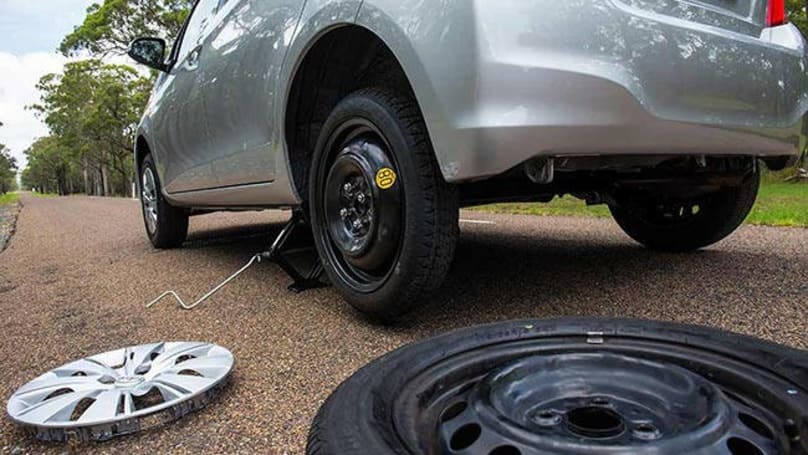
Nobody needs a flat spare tire, let alone you when you have a flat tire on the side of the road. The spare should be serviceable with at least a minimum tread depth and the inflation pressure should be checked regularly so that it can be used at any time.
9. Portable inflation device
Some modern cars don't have spare tires at all; instead, some have an inflation kit that can be used to re-inflate a flat tire to save you the trouble. Make sure it's in the trunk when you leave the house and read the instructions for using it so you know what to do when you need to use it.
10. Jack/wheel beam
It is also important to have a jack and a wheel wrench, which you will need to remove the flat tire and install the spare tire. Make sure they are in the trunk and you are familiar with them.
11. Reflective safety triangle
The reflective triangle can be used to warn other drivers of your broken car at night. By placing it on the edge of the road a few meters from your car, other drivers can be alerted to your predicament.
12. Pen and paper
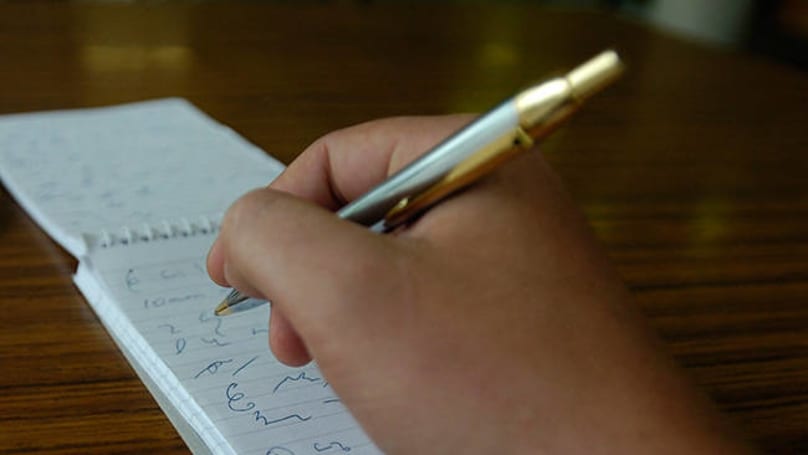
When we have an accident, we are required by law to exchange names and addresses with other parties involved. This is when we fumble for a pen and paper to write down these details, so having these things in the glove compartment makes what can be a very stressful time a lot easier.
13. Operation manual.
The instruction manual must always be kept in the glove box. It tells you where the spare tire is and how it fits, as well as information about fuses and their locations, how to jump start the engine, and a host of other important things you need to know about your car.
14. Spare parts/tools
If you drive an old car and have some knowledge of the automotive industry, there are some basic things you can take with you that can help you in your time of need. Things like an emergency fuel tank and funnel, jumper cables, towline, oil, coolant, and fuses can come in handy, as well as basic tools like pliers, screwdrivers, adjustable wrenches, etc.
